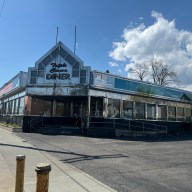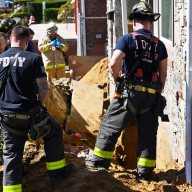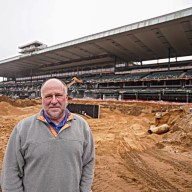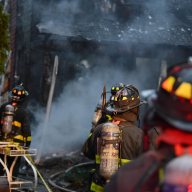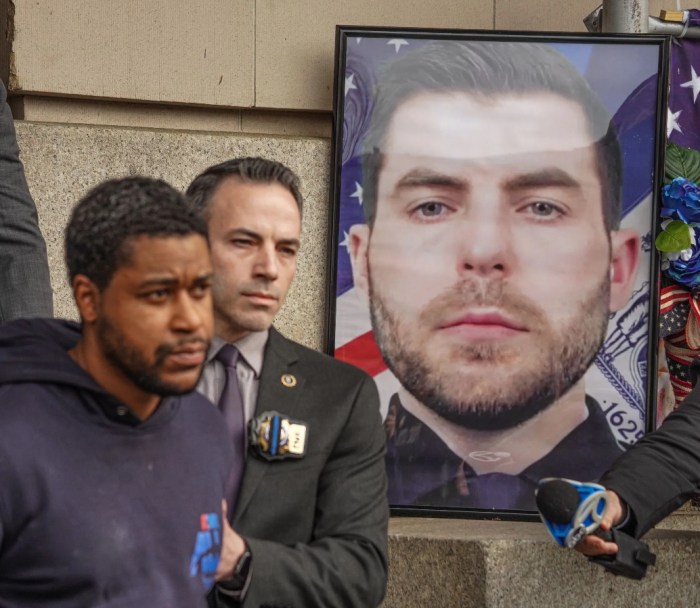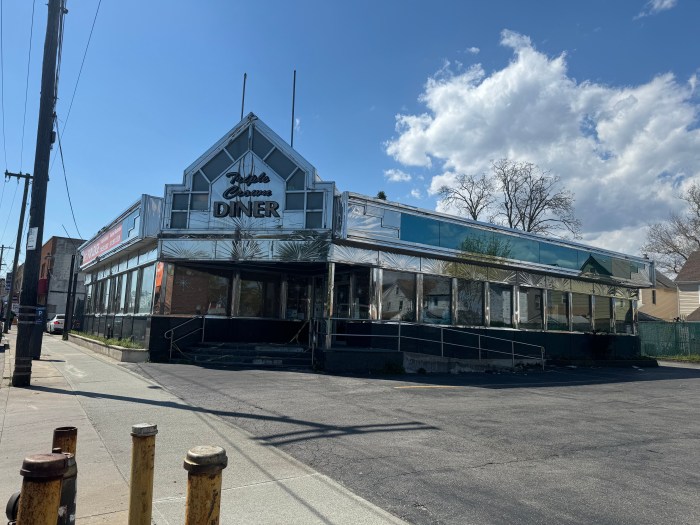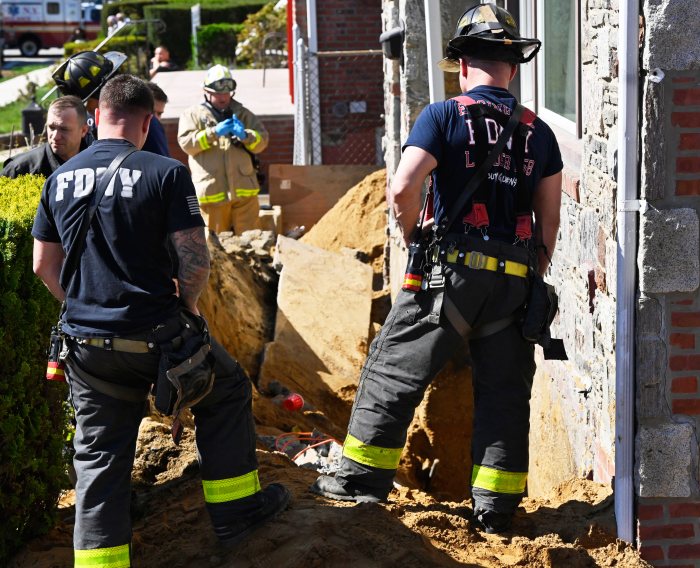By Bob Harris
On July 25, “PARKS 2001,” a citywide campaign to restore, reform and revitalize parks and recreation services in New York City, held a celebration of the start of their campaign in the Faculty Dining Room in Queens College. The Queens Coalition For Parks turned out in force to show their interest in the proper funding of the parks of Queens. Parks 2001 with the assistance of the Parks Council and a number of Manhattan philanthropic groups is supporting parks coalitions in each of the five boroughs.
The York College Faculty Dining Room was decorated by employees and volunteers from PARKS 2001 with red, white and blue bunting, balloons, hats and charts showing activities and needs in our Queens parks. Buttons emphasizing the needs of parks were available on each table as were petitions headed: SAVE NEW YORK CITY PARKS: 1% FOR PARKS.
The back of the petition specifically had the candidates who signed it pledge to work to commit 1 percent of the overall city budget to the Parks Department operations. Currently the city only allocates 0.4 percent of the budget for parks which ranks New York City as 21st in the nation in terms of per capita spending on city parks. Fresh Meadows Councilman Sheldon Leffler was present to sign the Parks Pledge. Several other candidates from south Queens were also on hand to sign the pledge.
The room was filed with civic leaders from sports groups civic associations, block associations, youth groups and other non-profit groups who belong to the Queens Coalition For Parks. Milton Feld, Martin Olish and Edna Harris came from the West Cunningham Park Civic Association and the Friends of Cunningham Park. Marc Haken came from the Friends of Cunningham Park and Hilltop Village Co-op No. 4. Fred Kress, the president of the Queens Coalition for Parks, spoke to the group.. He is also the president o the Rosedale Civic Association. The coalition secretary Barbara Morris was present. She is also a columnist for the Laurelton Times and is active in the Rosedale Civic Association and the Cornucopia Society. Queens Parks Commissioner Richard Murphy and Director of Queens Community Boards Melinda Katz also were conferring with people.
A few facts from the PARKS 2001 literature should be eye openers. The Department of Parks properties cover 14 percent of New York City's total land area. There are only 193 Park Enforcement Patrol Officers to patrol 28,300 acres of parkland. In the past 9 years there has been a reduction of from 33 percent to 78 percent of different categories of Park workers. The number of Park workers had dropped from 4,000 in 1986 to 1,500 in 2001 — a 75 percent decline in recreation staff. This is why the Queens Coalition For parks has been created
PARKS 2001 can be reached at 212-490-1446 or www.parks2001.org or fax: 212-490-0141. Fred Kress can be reached at 718-341-1395.
GOOD NEWS OF THE WEEK
Bernard Haber has been named the 2001 Engineer of the Year by the New York Association of Consulting Engineers. He had been associated with the prestigious firm Hardesty & Hanover but has long been known as the longtime chairman of the northeast Queens Community Board 11. I have known Haber in his position on Community Board 11 but more importantly as the longtime co-chair of Queens Borough President Claire Shulman's Zoning Task Force. This unique body has met with civic association and business leaders and worked to maintain our quality of life in Queens. Incidentally, Haber fled to the United States at the age of 9 with his parents from Nazi Germany in 1937. He earned his engineering degree from City College and was an Air Force Intelligence Officer in South Dakota during the Korean War. After the war he built bridges all over New York City, the nation and the world. In 1969 he became involved with the newly formed community boards and has been volunteering ever since.
BAD NEWS OF THE WEEK
People have been again picking on the Board of Education. A hearing was held at City Hall about the $1.5 billion overruns in the cost of constructing public schools. It is so sad that many continue to attack our schools when they really do accomplish so much. The reasons that there are higher costs are that it is hard to predict how much inflation will be two or three years down the line, the board is required to pick the lowest bidder who often needs more money as the construction progresses, renovation and modernization while the schools are in session requires the workers to work odd hours which costs more money, the builder is often asked to design and build the facility which can cost more as building progresses, and modern technological features can cost extra. Then, there is the problem of the board having an unrealistically low estimate of the cost of construction for a site. Yes, construction is expensive!









